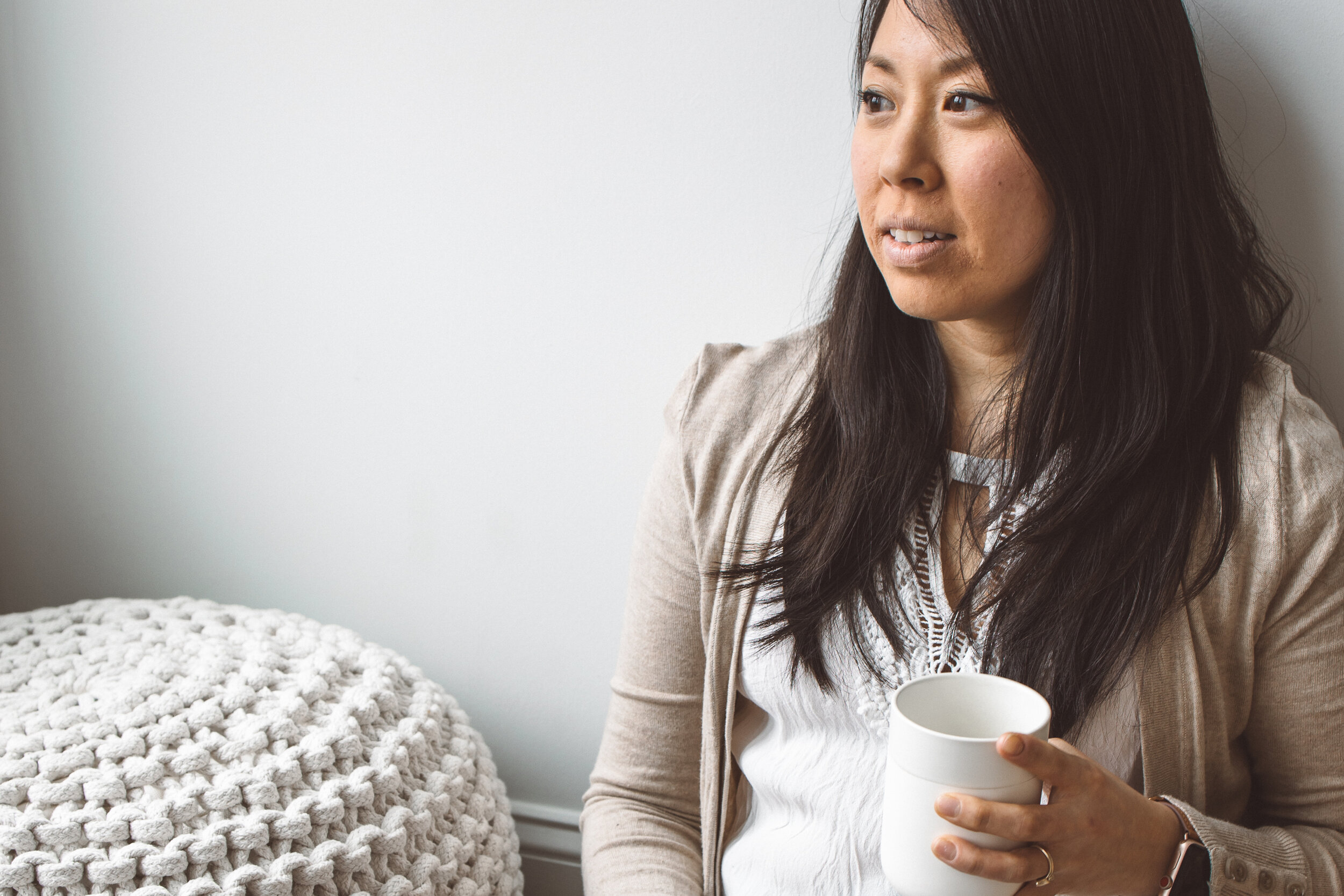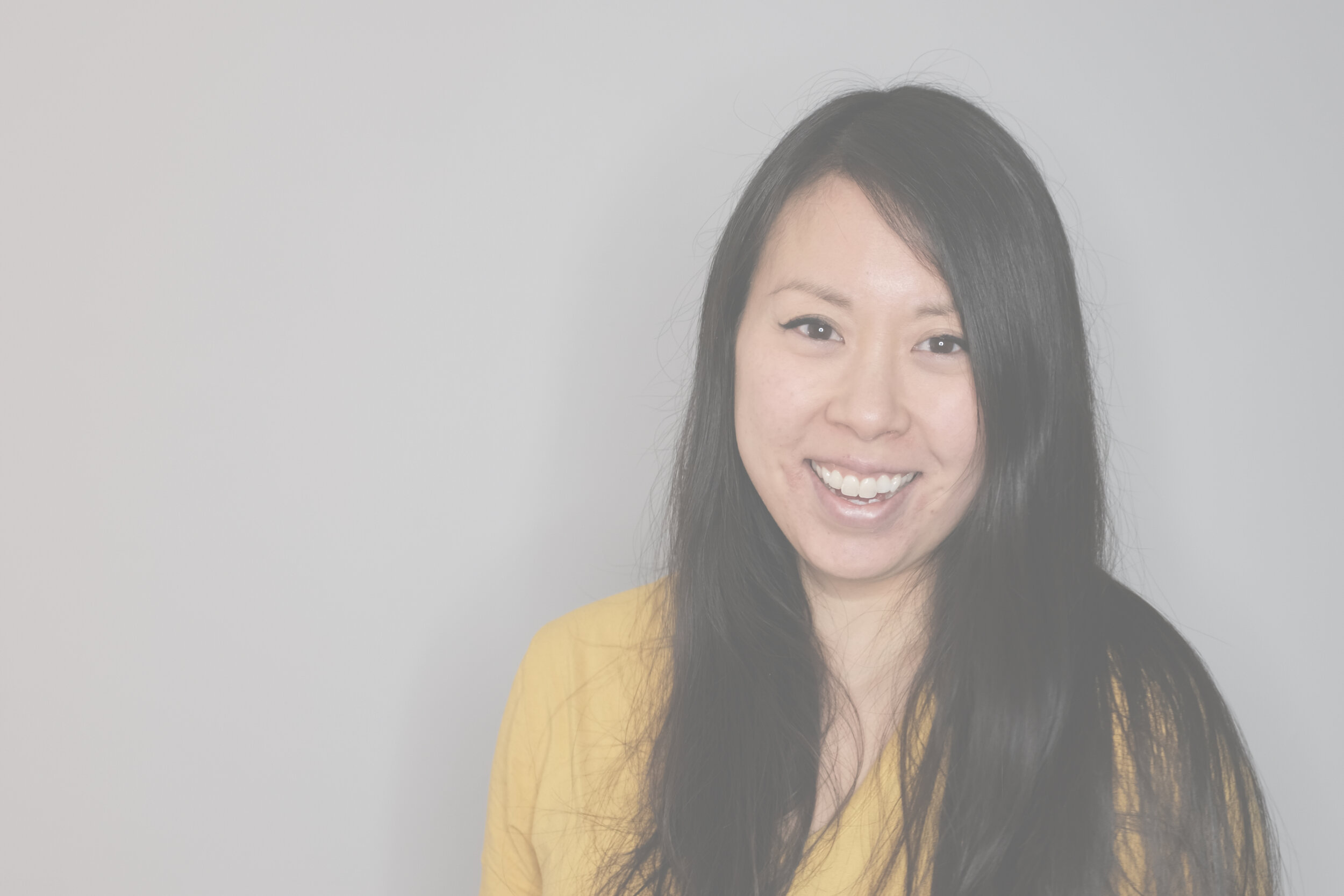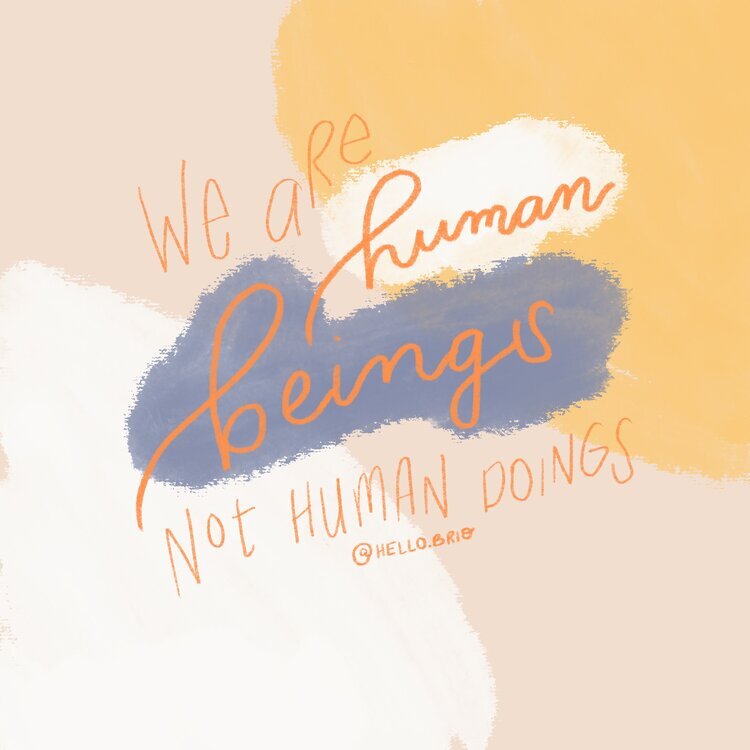Stop Should
Here's the thing about what you should and shouldn't do. Ever since I read this email from Steven Handel of The Science of Self, I started thinking about where "should" exists in my life and what it means to me. Steven said:
When you find yourself saying "I really should do ______," it reflects a deep internal conflict within yourself.
Pin for later
Basically, Steven Handel makes the argument that if you decide you "should" be doing something, you need to stop vexing about it and just do it, or you can put it off because it isn't that important. As the title of his email states,
"If it really matters to you, you'll make time for it."
As I've said before, it can be incredibly liberating to get some things off of your to-do list. However, some of these things on your "should" list might need some serious reevaluation.
By reevaluating your personal use of the word, you may start to notice some things. In the weeks that have passed since I read Steven's email, I've been making a conscious decision not to use the word, ever. When it does slip, I recognize it as a red flag and something that needs more attention and evaluation.
In thinking about where the "shoulds" were in my life, I found lot of these came easily to me as evidenced by the growing list of past due to-do items on my list. For example, I thought about how long I've put off my website redesign, how long it's been since I've been meaning to try this one chili recipe, and other things how I should be going to the gym every day.
I've also been listening to my friends use "should", and have noticed the amount of angst that's associated with the word. You know how it goes. I'm sure you've said things like this in the past month, or maybe even all of them today:
"I should go to the gym."
"I should call my friend to get together."
"I should eat less carbohydrates."
"I should write more for my blog."
A conflict of interest: Shoulds vs Wants
As Steven stated, "if it really matters to you, you'll make time for it."
Let's consider the statement "I should go to the gym."
Think about your relationship with working out. If you really want to go to the gym more often, or in any given moment, try this statement instead: "I want to go to the gym."
"I want to go to the gym" has a lot more heft to it than "I should go to the gym." The latter sounds like something you'll think about all day, then think of ten different ways to avoid doing the activity. If you end up going, you're probably going to feel miserable and want to leave immediately. By simply changing the word from Should to Will, you've changed your opinion on the action and have made it more of a concrete plan and less of an option.
An instant attitude shift
The important thing I've noticed about practicing no-should-ism is that if you replace the word "Should" with another word, it can instantly change your opinion on the situation at hand.
For example, if you've been meaning to get together with a friend but always find yourself too tired or busy, you may go day to day saying "I should call my friend to get together." Instead, try: "I'd like to call my friend to get together."
Suddenly the seemingly relentless obligation to do something with your friend seems positive and actionable (and you'll probably end up having a blast).
Recognizing the difference between shoulds, obligations, and wants
I'm not suggesting you abandon or complete your to-do list; I'm asking you to evaluate your shoulds. To start, put your shoulds through some tests:
Is this something that will enrich my life?
Do I actually have to do it?
Do I want to do this?
Some things are, frankly, obligations. You can't ignore your dishes or your broken shower head, for example. Even more important, you can't ignore your loved ones or people or pets that depend on you.
Other things may be directly related to your quality of life.
"I should eat less carbohydrates" may stem from a place where you've found eating a ton of bread and pasta makes you feel tired and makes you crave more, well, bread and pasta. If eating less carbs will make you feel more energized and may help you attain other goals, i.e. losing weight, change the should to a want, because you ultimately want to be healthier and happier.
Don't give yourself wiggle room
"I want to write more for my blog" is a lot less angsty than "I should write more for my blog." And in best practices of making any habit a success, it's even better to attack the should statement with a concrete and attainable when and where.
"I am going to write a blog post on Tuesdays and Thursdays when I get home from work, between the time I walk my dog and before I eat dinner" will probably gain you more success than constantly going on and on about how you should be writing more.
My challenge to you: Stop saying should
This is my challenge to you. While it may not be possible right away for stop using the word should, at least start noticing when you do use the word and what your thoughts and feelings are around the topic at hand when you do say it.
Next time you say "I should finish that book," I want you to think about whether you actually should or not. Is it something you have to do, i.e. for a class or for work (obligation)? If it is, change your should to "I will finish that book by reading in one hour blocks, 2 times per day, until I'm finished." However, if it's something that isn't an obligation, maybe take a second and think whether or not finishing said book will actually benefit you. If the book is really crappy and it won't hurt for you not to finish it, then don't finish it, and let it go back into the literary wild. And on the third side of this coin, har har, if you do want to finish it, carve away an appropriate amount of time to just sit back and do something that will make you happy and fulfilled.
In short, I don't want you to go around saying "I should stop saying should." That's counterproductive to what I am trying to share with you.
Just be conscious about your thoughts and words, and recognize that using the word should presents an opportunity for you to do some serious evaluating with how you're spending your time. I believe if you follow this mentality, you'll find yourself in a happier and more productive environment.
What is your relationship with the word "should"?
Cover photo by Brooke Lark











